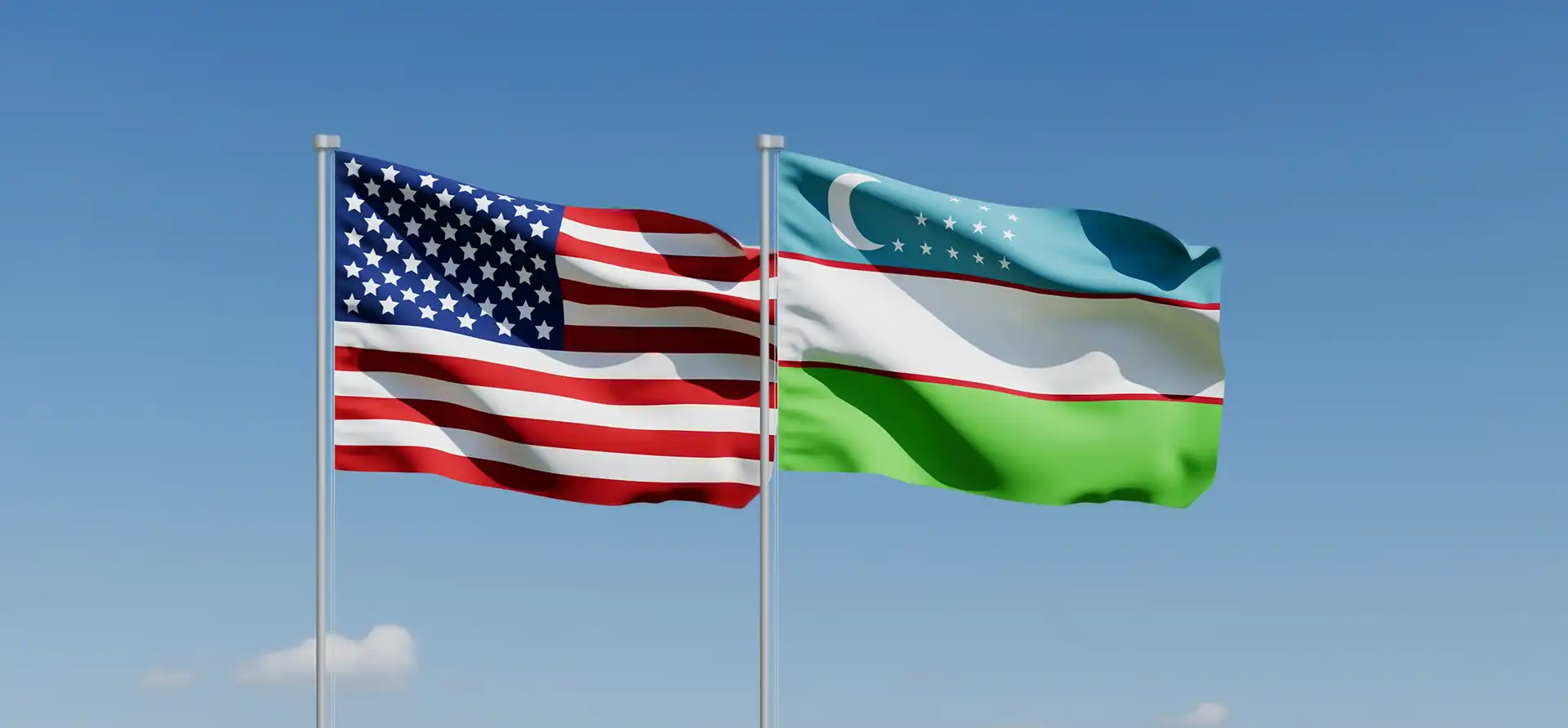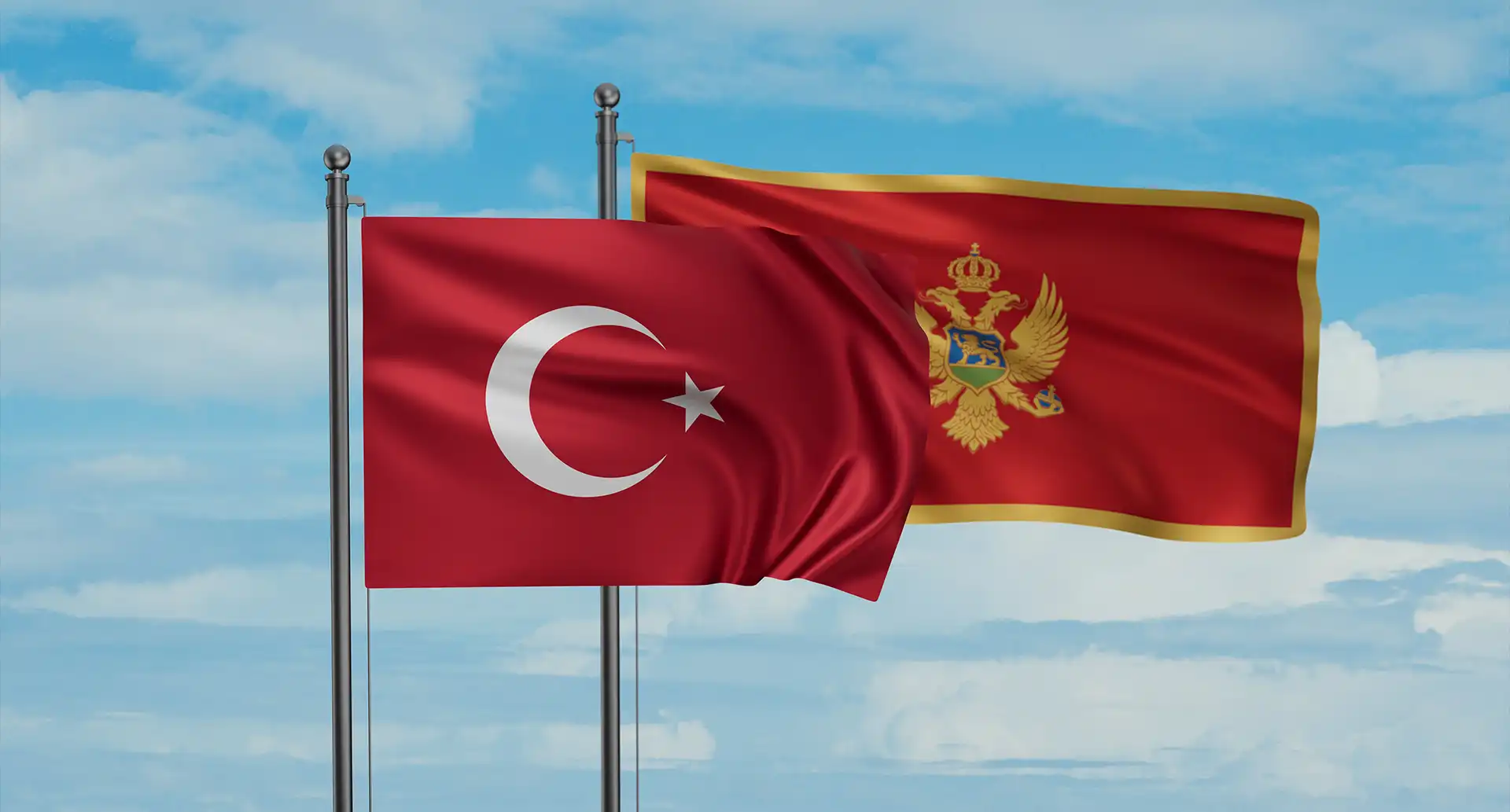

Senegal
Senegal passport ranking
The Senegalese passport is currently ranked 81st place on the Guide Passport Index. It provides visa-free access to 54 destinations. Senegalese passport holders have visa-free access and visas on arrival to countries such as Philippines, Singapore, Ghana and Dominica. Senegalese citizens do however require a visa to enter 175 destinations in the world such as China, Japan, Russia, the United States and the entire European Union. This high visa requirement results in a low mobility score.
Senegal Passport Ranking
The Senegal passport ranking relative to other global passports is calculated by adding up the number of countries that allow Senegal passport holders to enter without a visa (i.e. visa-free countries) and those that allow Senegal passport holders to enter by obtaining a visa on arrival (i.e. visa-on-arrival countries) or an electronic travel authorization (eTA). There are currently a total of 32 Senegal passport visa-free countries, 21 Senegal visa-on-arrival countries, and 1 eTA destinations.
Altogether, Senegal passport holders can enter a total of 54 destinations—either without a visa, through a visa on arrival, or via an eTA. As a result, the Senegal passport ranks 81 in the world.
Separate from these Senegal visa-free countries and visa-on-arrival countries, there are 175 additional destinations which Senegal passport holders either need a physical visa to enter or an eVisa (i.e. visa required countries).
About Senegal
The Republic of Senegal is a former French colony. Located in Western Africa, it consists of 14 regions. It borders with the Gambia, Guinea-Bissau, Guinea, Mali and Mauritania. The most important regions are Dakar, Thiès and Diourbel. The nation is the 34th largest country in Africa with a surface area of 196,712 square kilometers, making it one of the medium sized countries of the continent. Its climate is tropical hot and humid, with a dry and a rainy season. The terrain is characterized by low rolling plains and foothills in the southeast.
The overall population is over 17,9 million people. The capital of the country is Dakar, which is also the most populous city. Other important cities of the country are Touba, Thies and Kaolack. The largest airport is Blaise Diagne International Airport (DSS). It connects the country to destinations across the entire world. It is named after Blaise Diagne, the first black African to be elected into the French parliament.
The Republic of Senegal gained independence from France in 1960. Its culture is dominated by a mix of traditions and the French heritage. There is a religious mix in the country, with the vast majority being Muslim followed by Christians. The official language of the nation is French. The legal system is based on the French civil law. The government form is a presidential republic with President Bassirou Diomaye Faye as elected chief of state and head of government. Elections take place every 5 years and the president is elected by an absolute majority.
The official currency of the country is the West African CFA franc (XOF) with the current exchange rate being XOF 609 to the USD. Senegal has an open economy, generating a GDP of approximately $66.4 billion. This makes it the 19thlargest economy in Africa. It has a per capita income of $3,675. The main GDP contributing sectors are services and industry. Senegal’s mains goods of exports are phosphate, fertilizer, fish, peanuts millet and corn. The country is also seeing to explore opportunities to extract oil but such projects are still years away form completion.
Senegal is a developing tourism destination offering many tourist attractions. It is known for its wildlife and historic colonial cities. There are a total of 7 UNESCO world heritage sites. The main tourist attractions are beaches and wildlife safaris. Some of the main destinations are the Goree Island, the capital Dakar, the Pink Lake, St. Louis, Cap Skirring and the Senegal River. There were about 1.3 million touristic visits to the country per year in average.










































